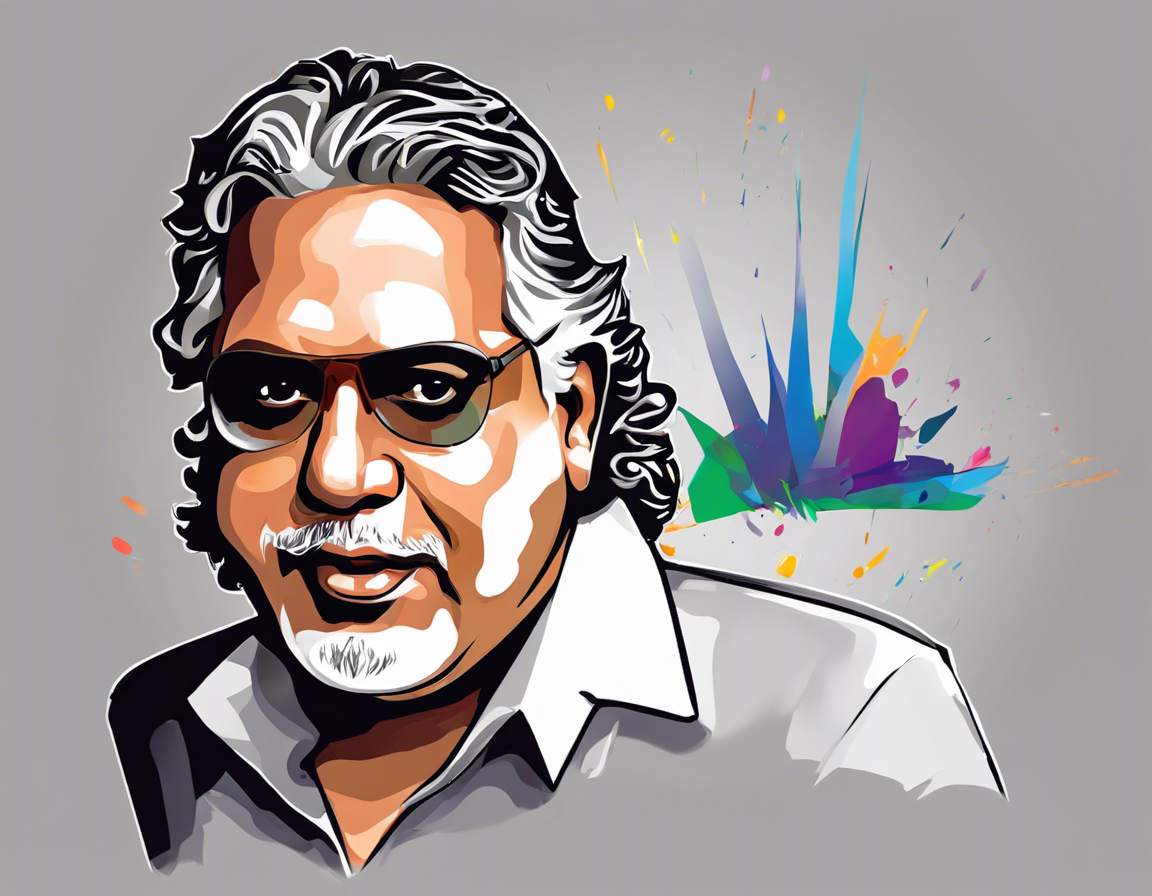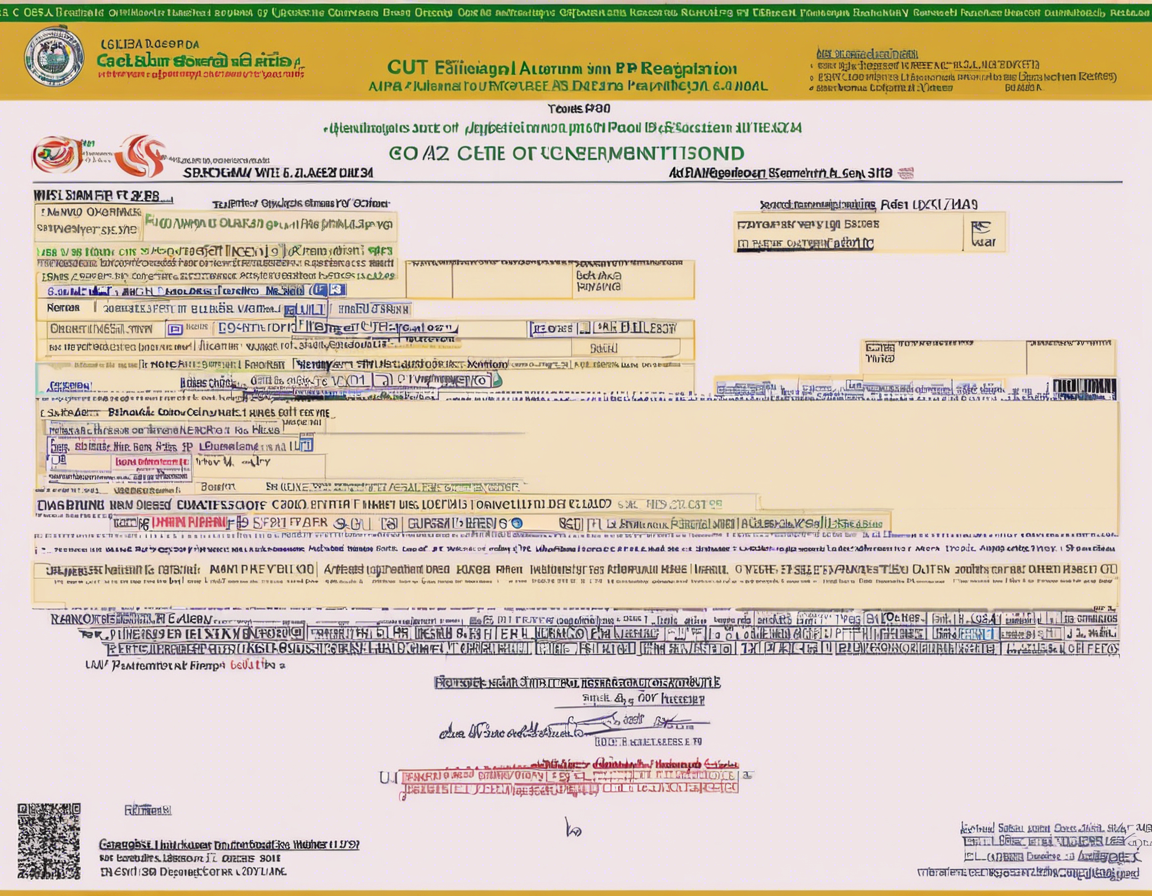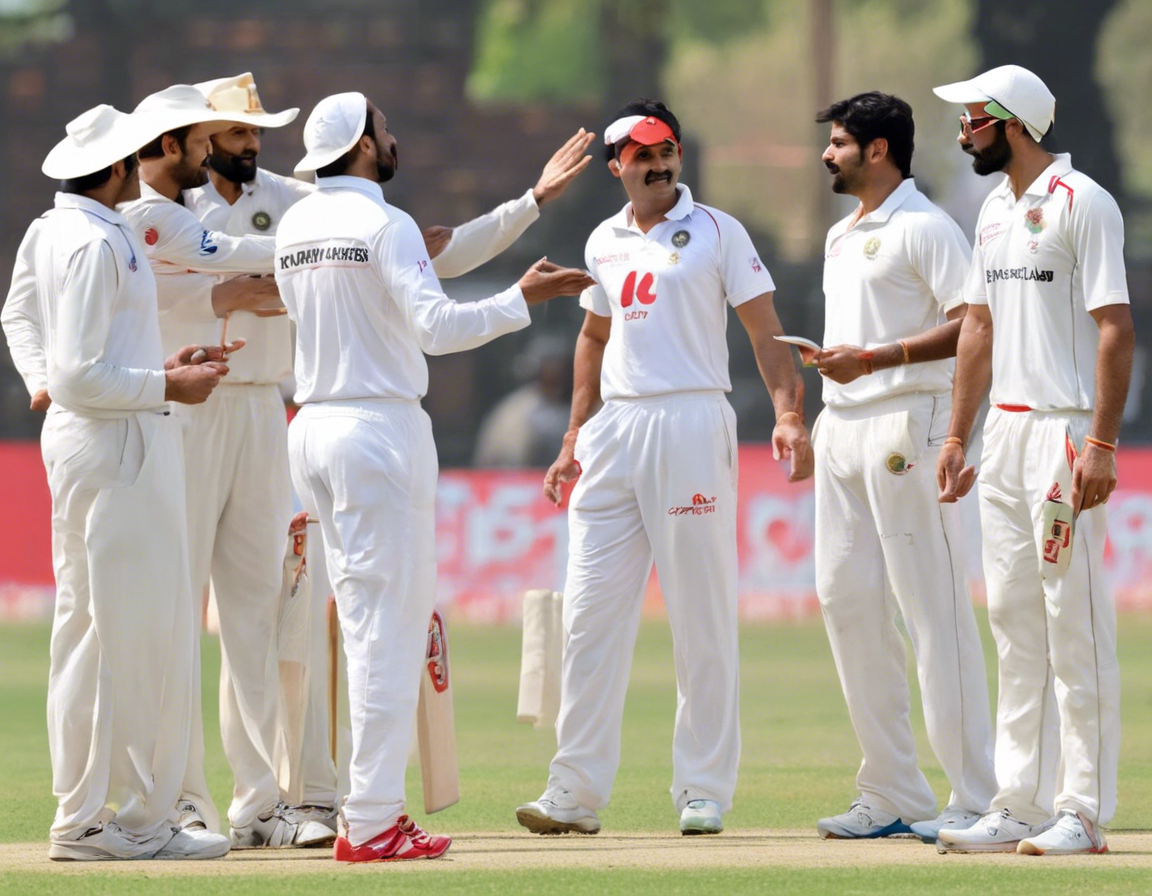
Vijay Mallya is a name that needs no introduction in the world of business and finance. He was once known as the “King of Good Times,” a flamboyant billionaire and entrepreneur who built a vast empire spanning across various industries such as liquor, airlines, and sports. However, Vijay Mallya’s rise to the top was accompanied by a spectacular fall from grace, culminating in a series of legal battles, financial troubles, and a high-profile extradition case.
The Rise of Vijay Mallya
From Inheriting a Legacy to Building an Empire
Vijay Mallya was born into a wealthy and influential family, with his father Vittal Mallya being a prominent industrialist. After completing his education, Mallya took over the reins of the family business, United Breweries Group (UB Group), which was primarily involved in the liquor industry. Under his leadership, the company flourished and expanded its presence globally, becoming one of the largest spirits companies in the world.
Diversification into Airlines and Sports
Mallya was not content with just being a liquor baron. He ventured into the aviation sector by acquiring a controlling stake in the struggling airline, Kingfisher Airlines. With his trademark flamboyance and marketing prowess, he rebranded the airline as a premium carrier, offering a luxurious flying experience. He also made a foray into the world of sports by owning the cricket team Royal Challengers Bangalore in the Indian Premier League (IPL).
Lifestyle and Persona
Known for his extravagant lifestyle, Vijay Mallya was often seen hobnobbing with celebrities, sports stars, and politicians. He owned palatial homes, luxury cars, and hosted lavish parties that were the talk of the town. His larger-than-life persona and charismatic personality made him a media darling and a symbol of success and opulence.
The Fall of Vijay Mallya
Financial Troubles and Debts
The downfall of Vijay Mallya began with the financial troubles faced by his ventures, especially Kingfisher Airlines. The airline accumulated massive debts due to its unsustainable business model and economic factors, eventually leading to its shutdown. Mallya struggled to keep the airline afloat, facing liquidity crises and issues with lenders and employees.
Legal Battles and Extradition Case
In the wake of the Kingfisher Airlines debacle, Vijay Mallya found himself entangled in a web of legal troubles. Multiple banks and financial institutions initiated legal proceedings against him to recover the loans granted to his companies. Allegations of financial irregularities, money laundering, and diversion of funds further compounded his legal woes.
Exile and Fight Against Extradition
As the legal noose tightened around him, Vijay Mallya fled India in 2016 to avoid arrest and prosecution. He sought refuge in the United Kingdom, where he fought a high-profile extradition case initiated by the Indian authorities. After a protracted legal battle, the UK courts ruled in favor of his extradition to India to face charges of fraud and money laundering.
Lessons Learned from Vijay Mallya’s Downfall
Corporate Governance and Transparency
The saga of Vijay Mallya underscores the importance of sound corporate governance practices and transparency in business operations. His empire crumbled due to a lack of financial discipline, unchecked expansion, and opaque dealings, highlighting the need for robust governance mechanisms.
Risk Management and Financial Prudence
Entrepreneurs and business leaders can learn from Mallya’s downfall the significance of prudent risk management and financial planning. Overleveraging, extravagant spending, and ignoring warning signs can lead to catastrophic consequences, emphasizing the need for a balanced approach to business growth.
Accountability and Ethical Leadership
The case of Vijay Mallya serves as a stark reminder of the repercussions of unethical behavior and lack of accountability. Business leaders must uphold ethical standards, take responsibility for their actions, and prioritize integrity in all dealings to avoid tarnishing their reputation and facing legal repercussions.
Frequently Asked Questions (FAQs)
1. What were the main reasons behind Vijay Mallya’s downfall?
Answer: Vijay Mallya’s downfall can be attributed to financial mismanagement, unsustainable business practices, mounting debts, legal troubles, and allegations of fraud and money laundering.
2. How did Vijay Mallya’s lifestyle contribute to his downfall?
Answer: Vijay Mallya’s extravagant lifestyle, characterized by lavish spending, luxury acquisitions, and high-profile events, strained the finances of his businesses and diverted attention from critical issues.
3. What lessons can entrepreneurs learn from Vijay Mallya’s downfall?
Answer: Entrepreneurs can learn the importance of financial prudence, corporate governance, risk management, ethical leadership, and accountability from Vijay Mallya’s downfall to ensure sustainable business success.
4. What impact did Vijay Mallya’s case have on the Indian business landscape?
Answer: Vijay Mallya’s case highlighted the need for regulatory reforms, stricter enforcement of corporate governance norms, and enhanced transparency in the Indian business landscape to prevent similar instances of financial fraud and misconduct.
5. What is the current status of Vijay Mallya’s extradition case?
Answer: As of [current date], Vijay Mallya’s extradition case is ongoing, with legal proceedings in the United Kingdom to determine his fate and potential return to India to face pending charges.
In conclusion, Vijay Mallya’s rise and fall represent a cautionary tale of ambition, extravagance, success, and downfall in the business world. His story serves as a reminder of the importance of ethical conduct, financial prudence, and transparency in business operations to avoid a similar fate. Entrepreneurs, leaders, and stakeholders can learn valuable lessons from his experiences to navigate the complexities of the corporate landscape successfully.







